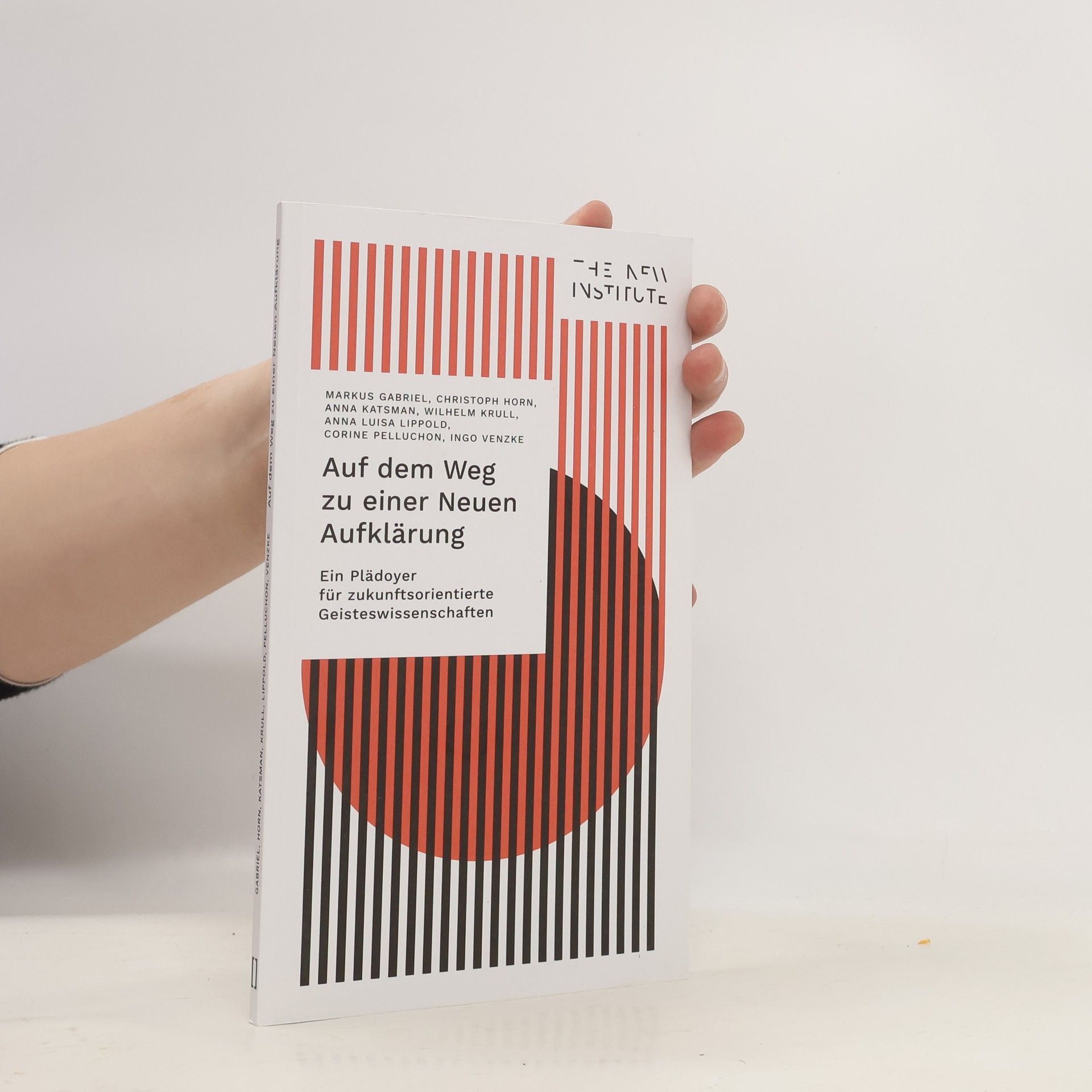Das Tabellenbuch präsentiert patentrechtlich relevante Verfahren im Rahmen des EPÜ, EPGÜ und PCT in einer übersichtlichen und kompakten Form, die als unverzichtbares Nachschlagewerk dient. Die Tabellenstruktur ermöglicht einen schnellen Zugriff auf Rechtsnormen, Rechtsprechung, Richtlinien, Fristen, Gebühren und Mängelbeseitigungsmöglichkeiten in aufeinander aufbauenden Rechtsketten. Ein Sonderkapitel behandelt das US-Patentrecht, einschließlich der Verfahren und Besonderheiten beim USPTO. Eigenständige Kapitel zu Erteilungs-, Einspruchs- und Beschwerdeverfahren sowie zum Europäischen Patent und dem Einheitlichen Patentgericht (EPG/UPC) bieten schnellen Zugang zu relevanten Vorgängen und Handlungsmöglichkeiten. Spezialkapitel bieten Hilfestellungen zu Fristen, Prioritäten, Änderungsmöglichkeiten, Teilanmeldungen, Vertreterregelungen, mündlichen Verhandlungen und materiellem Recht. Die 13. Auflage enthält eine Neustrukturierung der Tabellen, ausführliche Übersichten zu EPÜ, EPGÜ, UPC und PCT, aktuelle Rechtsprechung, Gesetzesänderungen (Stand Oktober 2024) und vergleichende Gebührenübersichten. Die Autor:innen sind erfahrene Patentanwälte. Das Werk wird als präferiertes Werkzeug in der EQE und für alltägliche Fragen in Kanzleien und Patentabteilungen geschätzt.
Markus Gabriel Book order (chronological)
Markus Gabriel is a contemporary philosopher whose work delves into the nature of knowledge and reality. He explores the boundaries of human understanding and the ways in which we construct our perception of the world. Gabriel is recognized for his innovative thinking and his ability to connect complex philosophical ideas to contemporary issues. His writings encourage readers to contemplate the essence of existence and our place within it.






The book explores the intricate relationship between humans and nature, emphasizing that our survival hinges on recognizing our interconnectedness with the environment. It posits that what sets humans apart from other animals is our capacity for understanding and ethical reflection. This unique trait brings a responsibility to consider our actions in relation to other living beings. The author advocates for an ethics of not-knowing, acknowledging the limits of our understanding, which can help us navigate the challenges posed by the climate crisis.
Gutes tun
Wie der ethische Kapitalismus die Demokratie retten kann | Über einen neuen Gesellschaftsvertrag jenseits von Profitgier
- 272 pages
- 10 hours of reading
Wir können die Demokratie retten – wenn wir unsere Wirtschaft fundamental umstellen Lange war die herrschende Doktrin, ein auf reinem Gewinnstreben basierendes Wirtschaftssystem bringe die Menschheit stetig voran. Davon kann keine Rede mehr sein – vielmehr wissen wir längst, dass diese Form des Kapitalismus verantwortlich ist für soziale Ungleichheit, Klimakrise, Massenmigration, ja selbst für Kriege. Markus Gabriel macht deutlich, dass wir dem Schaffen des Guten einen neuen Wert verleihen müssen – in der Gesellschaft allgemein und in der Wirtschaft im Besonderen. Nur ein ethischer Kapitalismus, der finanziellen Profit grundsätzlich mit moralisch positiven Werten verknüpft, wird unsere Erde, unseren Wohlstand und auch unsere demokratischen Staatsformen sichern können. Wir haben eine Zukunft: mit einer Welt, in der die Schaffung von Gütern stets mit moralisch guten Ergebnissen einhergeht und in der wir nicht nur politischen Institutionen, sondern auch Wirtschaftsführern und technologischen Visionären vertrauen können, dass ihr grundlegendes Ziel darin besteht, die Dinge für alle zum Besseren zu verändern.
Markus Gabriel explores the often-neglected negative aspects of knowledge, such as ignorance and delusion, arguing that being wrong is inherent to subjectivity. This work offers a fresh perspective on epistemic failures within the framework of New Realism, challenging traditional philosophical views.
Das Tabellenbuch bietet eine übersichtliche Darstellung zu den patentrechtlich relevanten Verfahren im Rahmen des EPÜ, EPGÜ (Übereinkommen über ein Einheitliches Patentgericht) und des PCT. Dabei ermöglicht die Tabellenstruktur einen übersichtlichen Zugriff auf die Rechtsnormen, Rechtsprechung, Richtlinien, anwendbaren Fristen, Gebühren und Möglichkeiten zur Mängelbeseitigung als Rechtsketten. Eigenständige Kapitel zu allen relevanten Verfahren (Erteilungs-, Einspruchs-, Beschwerdeverfahren) und zum Europäischen Patent mit einheitlicher Wirkung erlauben es dem Leser, schnell auf den gewünschten Vorgang und die sich daraus ergebenden Handlungsmöglichkeiten zugreifen. Ferner werden in Spezialkapiteln Hilfestellungen zu Fristen, Prioritäten, Änderungsmöglichkeiten, Teilanmeldungen, Vertreterreglungen, mündlichen Verhandlungen, materiellem Recht, zur EQE und zum US-Patentrecht geboten.
Wir leben im Zeitalter der Hyperkomplexität. Das klingt komplizierter, als es ist. Der Grundgedanke ist simpel: Komplex ist nicht nur kompliziert, also nicht nur schwer zu durchschauen, weil intransparent oder vielschichtig, sondern tatsächlich unmöglich zu begreifen, vorherzusagen und zu kontrollieren. In einer hyperkomplexen Welt prägen Rückkoppelungen und unbeabsichtigte Nebenwirkungen in einer Endlosschleife unser Leben. Fortschritt scheint unmöglich, wir stecken in einer Krisenlage fest, für deren einzigen Ausweg manche das Ende der Welt, der Menschheit oder gar des Lebens insgesamt halten. Dieses Buch bietet das gedankliche Handwerkszeug, auf den Grundton der Apokalyptik mit fokussierter Wachheit und Gelassenheit zu reagieren. Es umkreist die großen Themen unserer Zeit - und die kleinen, die es in sich haben.
Wirklichkeit/Fiktion
Spannungsfelder eines Verhältnisses
Wirklichkeit und Fiktion sind ontologische Grundkategorien, aber nicht nur Sache der Philosophie. Auch die Theoriebildung unterschiedlicher Geisteswissenschaften entwickelt ein Verständnis dieser Kategorien und setzt sie in ein Verhältnis. Dieses Verhältnis ist spannungsvoll: Kulturelle Phänomene zeugen von der Trennung und Hierarchisierung ebenso wie von Versuchen der Auflösung, Verschiebung oder Verwechslung beider Kategorien. Dieser Band eröffnet ein Gespräch der Geistes- und Kulturwissenschaften über Phänomene und Theoriefiguren, in denen Wirklichkeit und Fiktion sich begegnen, verschränken, überlagern und modifizieren. Anstatt das Wirkliche und das Fiktive theoretisch zu isolieren, geht es in den vorliegenden Beiträgen darum, sie in ihrem Wechselspiel und ihrer oszillierenden Relation zueinander zu beschreiben.
Liebe Kinder oder Zukunft als Quelle der Verantwortung
»Einer der wichtigsten deutschen Philosophen der Gegenwart.« Süddeutsche Zeitung
Unseren Kindern gehört die Zukunft? Was für ein zweifelhaftes Erbe, gemessen an dem geringen gesellschaftlichen Mitgestaltungsraum, den wir Erwachsene ihnen lassen! Aber warum ist das eigentlich so? Und wie können wir das ändern? In seinem berührenden Essay erforscht Markus Gabriel das kindliche Bewusstsein wie auch ihr Erleben von Zeit, das sich stark von unserem, erwachsenen unterscheidet. Er plädiert für ein Kinderwahlrecht und gegen jeglichen Adultismus, damit wir endlich anfangen, unsere Gesellschaft gemeinsam mit unseren Kindern – auf Augenhöhe – zu gestalten.
Auf dem Weg zu einer Neuen Aufklärung
Ein Plädoyer für zukunftsorientierte Geisteswissenschaften
What role can the humanities play in shaping our common future? What are the values that guide us in the 21st century? How can we unleash the potential the humanities offer in a time of multiple crises? This volume tackles some of these fundamental questions, acknowledging and developing the changing role of academic discourse in a turbulent world. This timely book argues that the humanities engender conceptual tools that are capable of reconciling theory and practice. In a bold move, we call for the humanities to reach beyond the confines of universities and engage in the most urgent debates facing humanity today - in a multidisciplinary, transformative, and constructive way. This is a blueprint for how societal change can be inclusive and equitable for the good of humans and non-humans alike.



